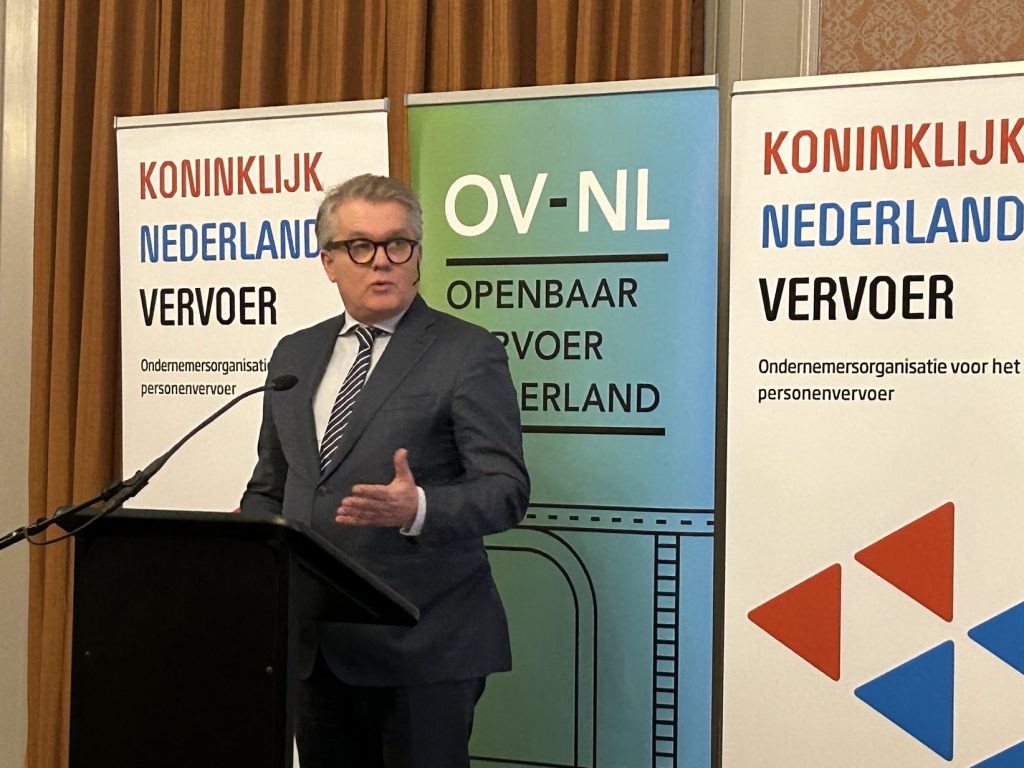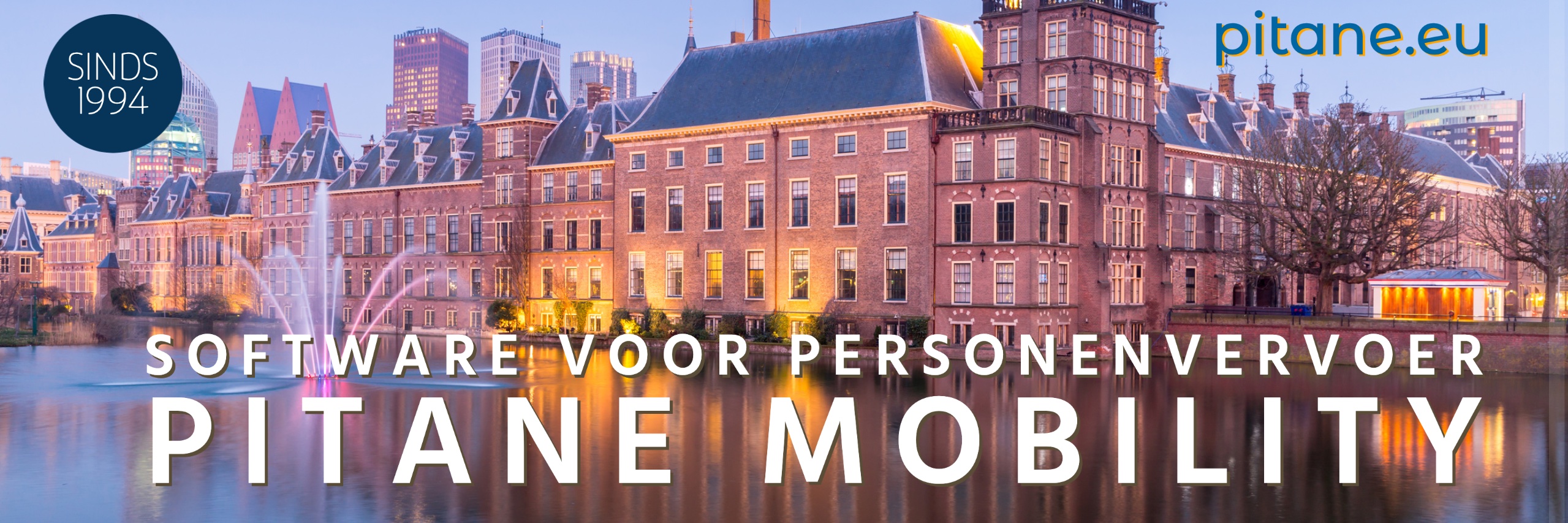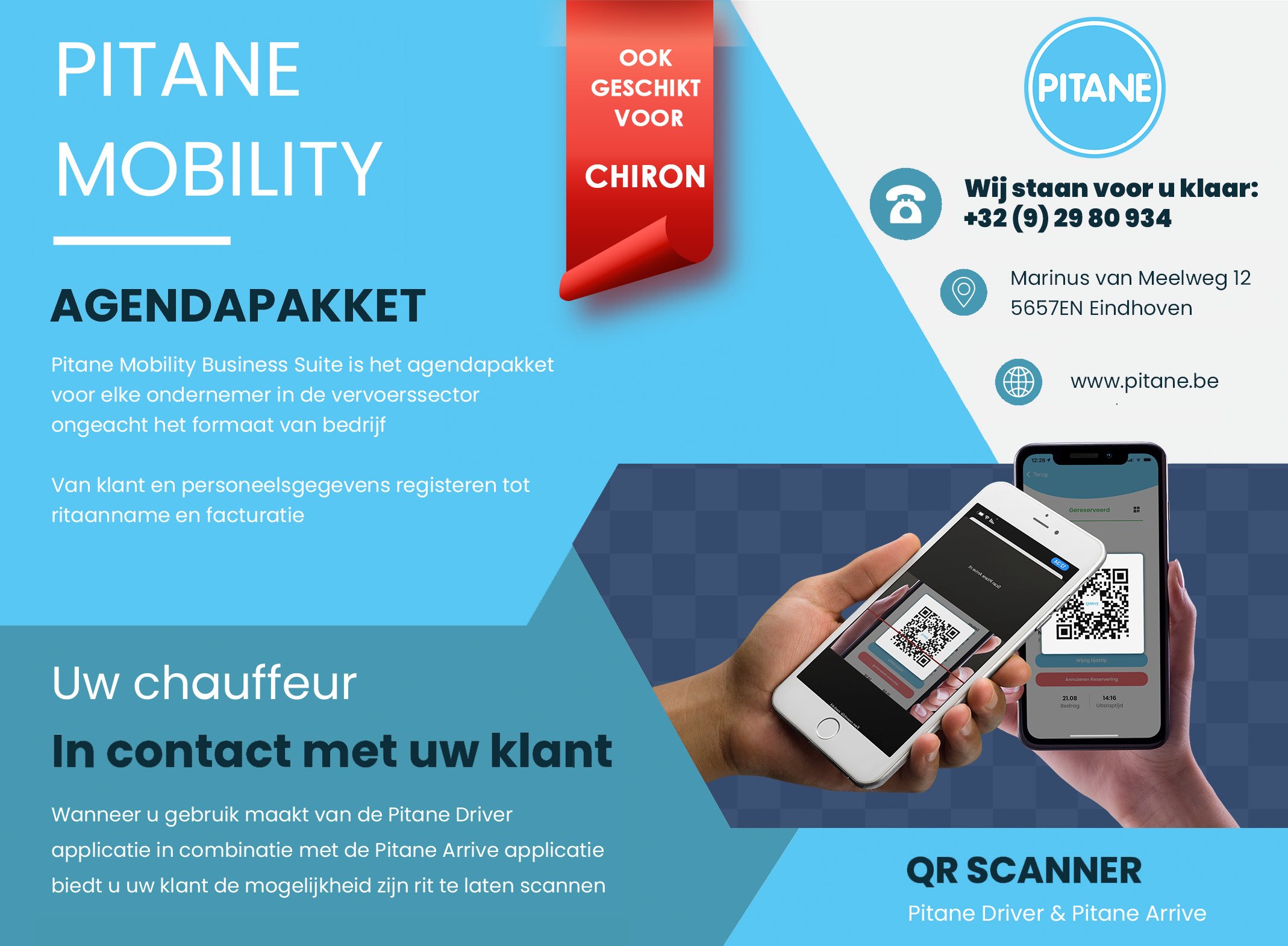The industry association and IRU are calling for the introduction of Euro 7 standards on a schedule that allows sufficient time to develop new technologies.
The European Commission recently came up with plans for a new Euro7 standard. This standard covers all existing technologies. So about the combustion engine (ICE) and battery-electric and the fuel cell. But the emissions from tires and brakes (particulate matter) are also standardized.
According to the Royal Dutch Transport (KNV), the introduction of the standard also has consequences for the taxi sector. Together with the IRU, KNV Zorgtransport en Taxi therefore advocates a number of issues. The standard must be designed in such a way that entrepreneurs are not forced to opt for a specific solution. According to the plea, battery-electric, hydrogen and combustion engines on synthetic fuel should all be given a place in the standard.

The new Euro7 standard should provide scope to find the right balance between extra environmental benefits and their costs. There should be access to incentive schemes at the start (and before the introduction of obligations) to accelerate the adoption of the Euro7 standards.
technically
The Euro 7 standard should be clear about how responsibilities are divided between vehicle, brake and tire manufacturers. KNV indicates in a letter to its members that the standard must strike the right balance between environmental performance and road safety. Stricter pollutant standards for tires and brakes must not undermine road safety. In addition, there must be a realistic start date.
The industry association and IRU are calling for the introduction of Euro 7 standards on a schedule that allows sufficient time to develop new technologies. The international transport umbrella organization IRU focuses on policy from Brussels. KNV Zorgtransport en Taxi concentrates mainly on The Hague.
Euro-7 standard
The Euro-7 standard is a proposed vehicle emission standard currently being developed by the European Union. It is intended to further improve air quality by reducing emissions of harmful substances such as nitrogen oxides (NOx) and particulate matter (PM).
The Euro-7 standard would be a stricter standard than the current Euro-6d standard, which is currently in force in the EU. The proposed standard would require significant reductions in NOx emissions from vehicles, significantly reducing levels in cities with high levels of air pollution.
In addition to the reduction of NOx emissions, the Euro-7 standard will probably also set stricter requirements for the emission of particulate matter and other harmful substances. The standard would apply to new vehicles, including passenger cars, vans and trucks.
If the European Commission's design is validated, the proposed Euro7 standard will enter into force for new cars from 1 July 2025. It is a package of limit values for the emission of harmful emissions, which should help Europe to reduce nitrogen oxide emissions by 35% by 2035.



